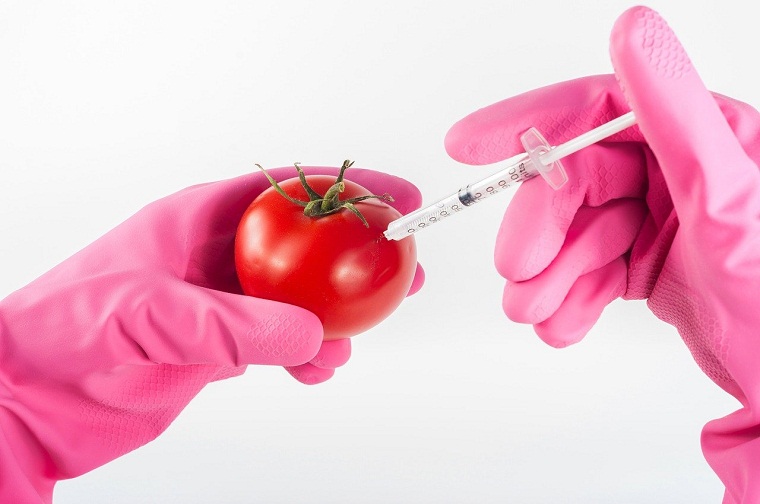In August 2020, the FSSAI issued an order specifying that every consignment of 24 identified food items needs to be accompanied by a non-GM-origin-cum-GM-free certificate.
The US is looking to engage in technical cooperation with India to come up with alternatives to the ‘non-GM (genetically modified) origin and GM free certificate’ that have been mandated for certain agricultural imports by the Food Safety and Standards Authority of India (FSSAI). It has sought delay in the implementation or withdrawal of the order till “less burdensome’’ options could be discussed.
Washington requested that India should at least delay it to January 2022 to allow for further technical engagement between the FSSAI and trade partners. The US Department of Agriculture is optimistic that the FSSAI will agree to this opportunity.
Last year, FSSAI issued an order stating that every consignment of 24 identified food products, which include apples, pineapples, rice, tomato, maize, plum, potato, melon, papaya, egg plant, bean, among others, need to be accompanied by said certificate issued by Competent National Authority of the exporting country. The order was to be implemented on January 1, 2021, but was deferred by 3 months.
Inspection on imports
FSSAI’s action called for an increased check on imports. In 2018 research and advocacy body, Centre for Science and Environment carried out several studies and found that about 32% of samples of food items such as infant food items, edible oils, processed and packaged food, produced locally and imported, contained GM ingredients. The greater concern was that about 46% of imported items were positive.
The US argues that GM or GE (genetically engineered) products are not harmful. It is pointing to the fact that through reports by WHO and the National Academy of Science, among others, the international scientific and regulatory community has reached an agreement that GE products available on the international market are as safe as their conventional alternatives. It also stated that it was not aware about India’s risk assessments on GE products to show that they were less safe.
Furthermore, referring to FSSAI’s clarification published on February 8, 2021, establishing a 1% tolerance for presence of GE in imported food products, the US asked India to provide scientific justification for establishing such tolerance and provide any international standards or relevant risk assessments on which this tolerance is based.
Ashwin Bhadri, CEO, Equinox Labs, says, “There are pros and cons to everything and the same goes for genetically modified foods. We have to take everything into account. We cannot ignore the fact that their altered DNA may have some negative health impacts as well. Considering the predicament we are in, we have full confidence in the credibility and operability of our apex food regulatory body.”
Equinox Labs is one of India’s Top FSSAI-certified Food, Water, and Air Testing Laboratory and also the country’s largest Auditing Agency. It has been providing testing and auditing services for a total of 15 years now, serving the industry’s top brands.
Ashwin continues, “That being said, I hope that the two nations and the concerned authorities come to some sort of understanding as soon as possible.”






